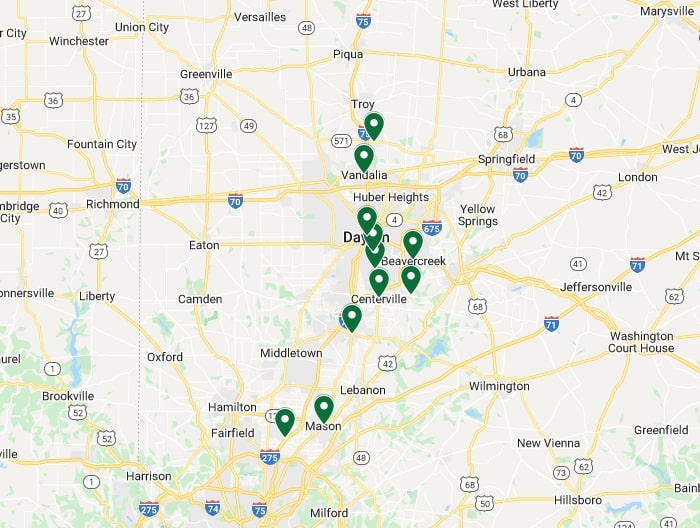 Desiccation refers to the drying out of a living organism. In your landscape plants, winter desiccation injury occurs when plants lose moisture from the leaves and do not have the ability to absorb water from the frozen soil. This moisture loss may cause your plant’s leaves and stems to dry out, resulting in discoloration of leaves and even death to stems and branches. There are several steps you can take during the winter months to protect the investment of your outdoor living spaces.
Desiccation refers to the drying out of a living organism. In your landscape plants, winter desiccation injury occurs when plants lose moisture from the leaves and do not have the ability to absorb water from the frozen soil. This moisture loss may cause your plant’s leaves and stems to dry out, resulting in discoloration of leaves and even death to stems and branches. There are several steps you can take during the winter months to protect the investment of your outdoor living spaces.
Anti-Desiccant
Ohio can have drastic fluctuations in temperature and high winds during the winter; both of which can accelerate moisture loss in plants. Anti-desiccant applications will help your plants hold moisture by providing protection against evaporation and slowing down moisture loss. It will also protect the foliage from accelerated moisture loss due to wind. The spray will break down over time, so it’s a good idea to have trees and shrubs treated regularly to extend the longevity of the application.
Although, Anti-desiccants can be applied as early as November it is never to late to begin application. In areas that experience cold harsh winters, like Ohio, multiple treatments are recommended throughout the season to ensure the material is protecting trees and plants all winter long. These applications are ideal for broadleaf evergreens* (plants that keep their foliage all winter), and beneficial to plants exposed to wind and/or full sun since these lose moisture faster than those protected from the wind and in shade. Anti-desiccant applications can last 2-3 months at a time and will gradually wear off by springtime.
Burlap Covers
Another option for protecting plants is a burlap covering. This creates a “screen” or “windbreak” around the plant. For small plants, the burlap can be wrapped over or around the plants and secured with twine. For moderate to large plants, drive stakes into the ground around the plant and then secure the burlap to the stakes using staples. Burlap, stakes, and twine can be purchased from most garden centers, improvement stores, nurseries, and co-ops.
Tree Wraps
Finally, tree wrap can be purchased and used to protect the bark of smaller trees. This will help reduce splitting of the bark that can caused by temperature fluctuation during the winter. Split bark can cause damage or disease to the interior (cambium) of the tree, leading to permanent injury or death. Like burlap, tree wrap can be found at most garden centers, improvement stores, nurseries, and co-ops.
Call the Professionals
If you are unsure which methods make the most sense for you landscape, Country Club Landscaping can assist in creating a winter protection plan. This includes anti-desiccant applications and winterization of plants, trees, and foliage. We are happy to help ensure your outdoor living space makes it through the cold Ohio winter for a full bloom come spring.
*Not all plants should get anti-desiccant treatments. Do not spray an anti-desiccant on waxy-blue conifers such as blue spruce. Country Club Landscape can help assess your trees to determine appropriateness of application.



